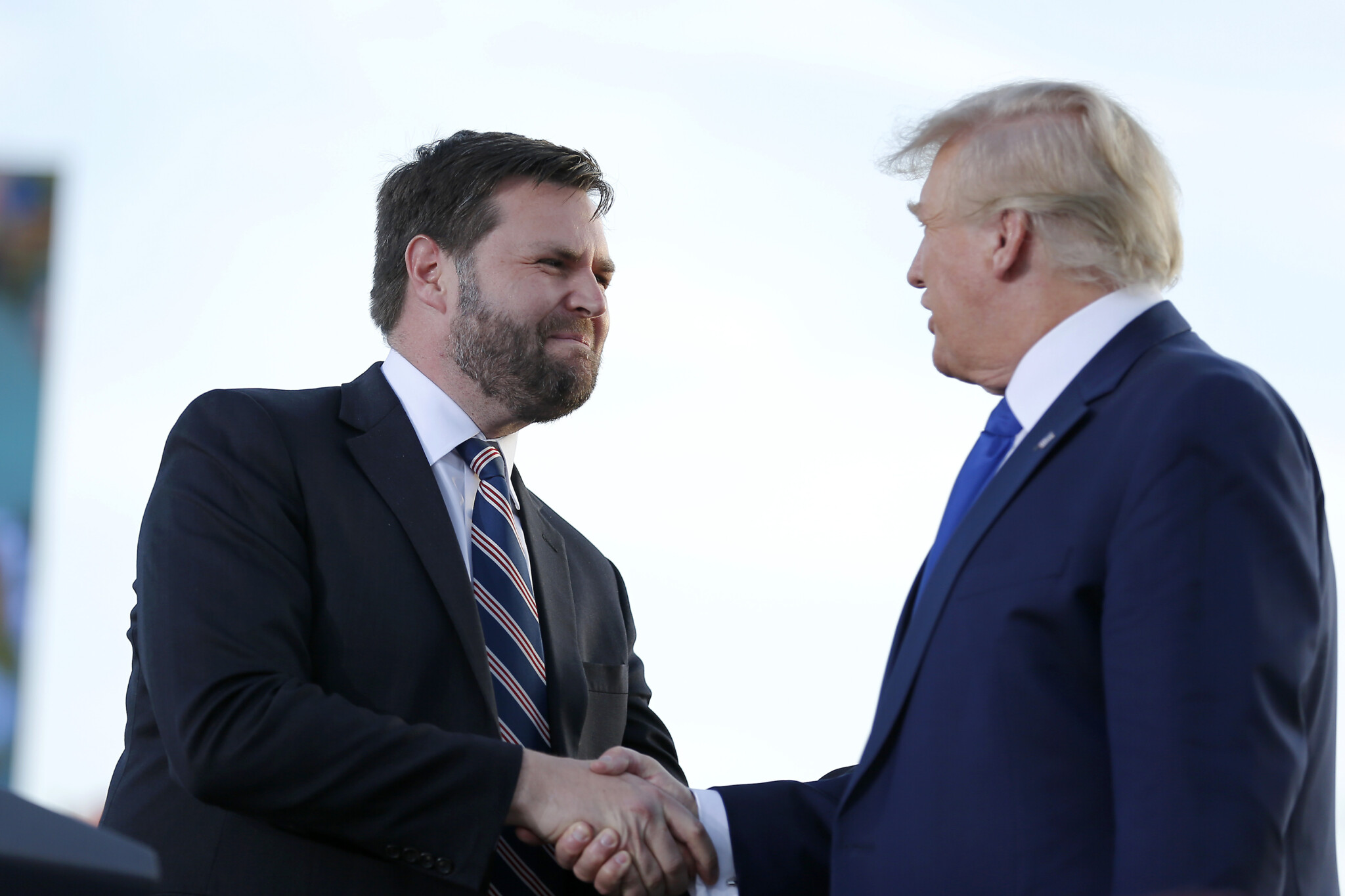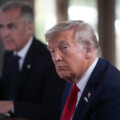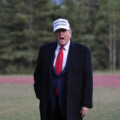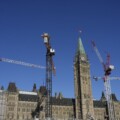In The Weekly Wrap Sean Speer, our editor-at-large, analyses for Hub subscribers the big stories shaping politics, policy, and the economy in the week that was. This week is focused on one big story shaping American and Anglosphere conservatism: the rise of JD Vance.
In January 2017, a friend and I hosted a dinner for then-best-selling author JD Vance in Toronto. A group of us—approximately thirty—gathered in a private room in a now-closed restaurant to hear about his book, Hillbilly Elegy, and how his insights may come to influence policy and politics in the aftermath of Donald Trump’s extraordinary political rise. I don’t remember much about the evening—though as we discussed on his week’s Hub Roundtable, it was the first time that I met The Hub’s publisher Rudyard Griffiths.
I encountered Vance again months later at a National Review event in Washington where he spoke about the pros and cons of a conservative message focused on personal responsibility and how conservatives might reconcile their free-market thinking with the working-class people that he wrote about. At the time, his focus on “forgotten people and places” was unique in conservative circles but his political orientation was not. He was, like me, a rather conventional conservative.
I’ve continued to follow his own extraordinary political trajectory due in part to this past connection, and in part because his personal transformation into a leading conservative populist and now Trump’s vice-presidential candidate has reflected broader changes in Anglo-American conservatism. Although he may now be the most significant figure in the conservative realignment, he’s by no means the only one.
In the intervening period between our dinner and Vance’s nomination, I’ve myself had moments of populist curiosity. One couldn’t quite help it. I don’t think non-conservatives fully understand how destabilizing Trump’s surprise election in 2016 was for a lot of conventional conservatives. It brought into question the political salience of ideas that we took for granted, including free markets, limited government, open trade, and so on.
That he easily dispensed with proponents of the old orthodoxy and instead found mass enthusiasm for trade protectionism, higher government spending, and even single-payer health care left one feeling a bit lost. It necessarily led to a process of introspection for me and others. What did we miss? What did we get wrong? Why were ostensible conservatives not in favour of traditional conservative ideas?









